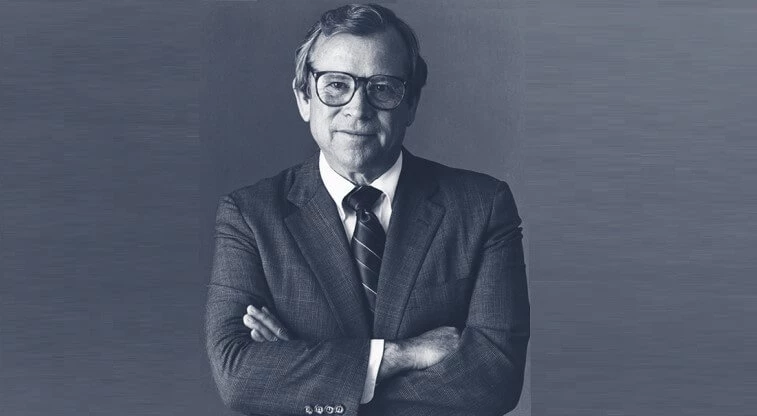How to organize and digitize your old family photos

- How to manage your photographs
- Karen’s bio
- Association of Personal Photo Organizers
- The importance of backups
From an early age, the older generation tells us stories about their heritage, combining this with looking through old and dusty photo albums that have been in the closet for decades. It used to be like that before the digital age when photography had a special meaning. Each picture was unique and had only one physical copy, then placed in a photo album that was passed down from one generation to another to preserve the memory of the ancestors. Today, the average digital camera user can take as many pictures in a day, as made during the entire 20th century.
Technology has advanced not only in this sense but also in the ability to store, digitize, and catalog photos that have special meaning to you and your family.
How to manage your photographs

Being in the digital age we can see how the value of photography has diminished many times over. We can make copies of these photos and store them everywhere, as well as produce these photos in an almost unlimited quantity, which is only determined by the capacity of the memory card. To give your photos a special meaning as before, you need to be able to preserve both the chronology and the narrative. For this, there are photo albums and companies that organize such processes.

In today's article, we want to tell you about Karen Osborne from Andover, Connecticut, who is a member of the Association of Personal Photo Organizers. She has been helping people preserve, protect and share their photo memories and stories for over sixteen years. Karen has a passion for helping people preserve their stories and legacy for future generations. At the moment the struggle to preserve memories is harder than it needs to be and often users face unwarranted lockdowns and bans on official services like iCloud and Google Photos. People lose access to their files all the time, so you need to get independent sources that won't let you down.
Karen’s bio

Karen's passion for helping people preserve their memories and heritage began at a young age when she listened to her family's stories while flipping through photo albums the same as many of us probably do. This process found a special resonance in her heart and being a mother, grandmother, daughter, and wife all at once, Karen still shares these warm memories with her daughter and grandchildren to this day. This is what she tries to pass on to her clients by helping them save their legacy for future generations. Karen lives in a small town in Connecticut. She enjoys traveling throughout the United States and to foreign countries. In addition to her passion for creating photo books, Karen also practices gardening and spending time outdoors
- Karen's list of educational accomplishments is not short either:
- Brandeis University – Bachelor of Science in Psychology with a concentration in Early Childhood Education.
- Georgetown University - Master's degree in Sociology with a concentration in Demography.
- Rensselaer Polytechnic University / Hartford Graduate Center - Master of Business Administration
- St. Joseph's University - Graduate Certificate in Gerontology
Association of Personal Photo Organizers

Karen is a certified personal photo organizer with APPO, which stands for Association of Personal Photo Organizers. This organization handles both print and digital photos, organizing them into stories and making them into memory books. In addition, they also provide you with easy access to backup space for everyday viewing and the opportunity to share these memorial moments with family and friends.
The importance of backups

There was a story about a man who found a lost memory card on a beach during his tourist trip. It turned out the memory card was working and having inserted it into his laptop, the man found a huge number of pictures of a family he was absolutely unfamiliar with. By doing some research and being persistent, the man was able to find the very family to whom these photos belonged by contacting them through social networks. It turned out that the memory card was lost three years ago, and most interestingly all its data had been previously copied on a laptop which subsequently broke down. So the memory card the man found was the last source of photographs and memories of that family. They were lucky because the memory card contained not only vacation memories, but there were also photos of their relative who had recently passed out.

Furthermore, we can conclude that downloading photos from your camera to a computer is not the best and sufficient way to protect your data. That is why it makes sense to save the data on external drives as well and additionally in data centers and clouds. The financial principle is legitimately applied here, as the businessmen say – do not keep all your eggs in one basket, the term is diversification. So it is best to use additional cloud services, just in case the hard drive or computer with your photos fails or gets demagnetized. One can only imagine how a person feels when he has lost his memory card and then his hard drive, crashes in addition, and there is no other way to recover the data. Surely similar could have happened to anyone in one way or another.
Co-founder of RetouchMe. In addition to business, he is passionate about travel photography and videography. His photos can be viewed on Instagram (over 1 million followers), and his films can be found on his YouTube channel.
Moreover, his profile is featured on the most popular and authoritative resource in the film industry — IMDb. He has received 51 international awards and 18 nominations at film festivals worldwide.

with RetouchMe














